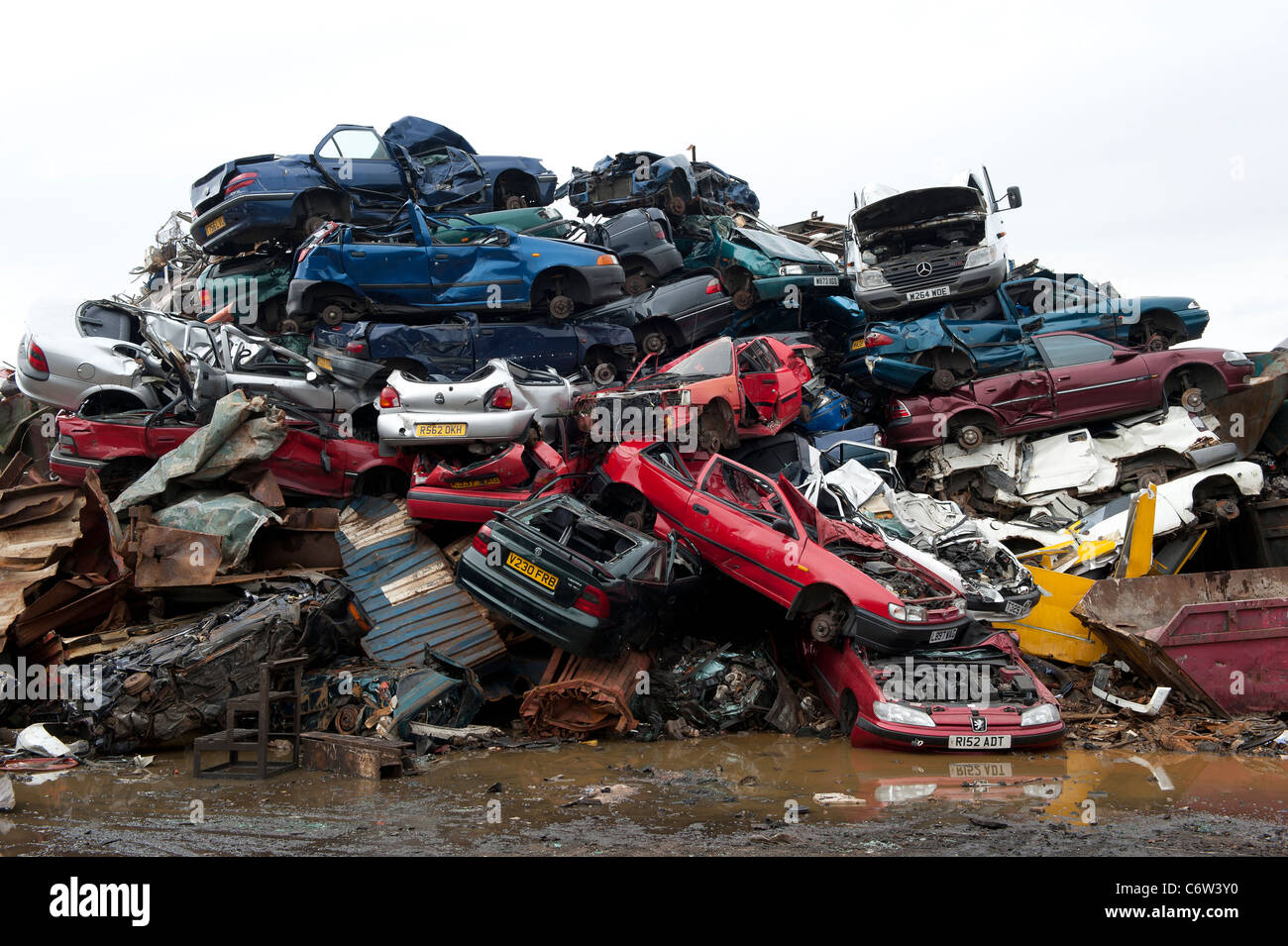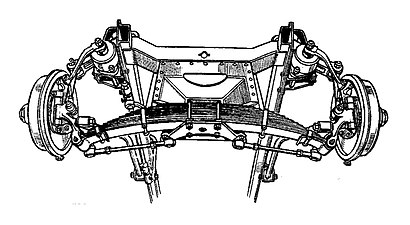In today’s automobile landscape, the lifespan of a car is finite. As vehicles age, their utility diminishes, leading many owners to consider scrapping their cars. But before you turn your back on that old faithful, it’s crucial to understand the dynamics of scrap car value and comparison to make an informed decision.
Understanding Scrap Car Basics
What constitutes a scrap car?
A scrap car is typically one that’s reached the end of its roadworthy life. Factors contributing to this status include severe mechanical issues, extensive damage from accidents, or simply being too old for economical repairs. These vehicles are often deemed unroadworthy and are sold for scrap.
Scrap Car Value Factors
Several factors influence a scrap car’s value, including:
- Weight: Most scrap yards pay by weight, with heavier cars fetching higher prices.
- Condition: Cars in better condition often command better prices.
- Market Demand: Current market demands for certain materials impact scrap prices.
- Location: Scrap prices can vary based on geographical location and local market conditions.
Comparing Scrap Car Disposal Options
Selling to a Scrap Yard
Selling to a scrap yard is a common option. It involves contacting local yards, receiving quotes based on your car’s details, and arranging for them to collect the vehicle. This option is quick and convenient but might not yield the highest return.
Parting Out the Vehicle
For those with mechanical know-how, parting out a scrap car comparison by selling individual components can be more profitable than selling it as a whole. This method requires time and effort but can maximize returns, especially for cars with valuable parts.
Donating the Car
Donating a car to a charitable organization is a noble option. While it might not generate cash, it allows for a tax deduction if the charity is IRS-approved. However, ensure the charity accepts non-running vehicles.
Trade-In or Selling to a Dealer
Some dealerships accept old cars as trade-ins or might buy them outright. This option might yield a fair price but usually offers less than selling to a private buyer due to associated refurbishment costs.
Determining Scrap Car Value
Factors Influencing Value
Several elements dictate a scrap car’s value:
- Make and Model: Popular models or those with parts in high demand may fetch better prices.
- Current Scrap Metal Prices: The fluctuating market value of metals like steel and aluminum impacts a car’s scrap worth.
- Vehicle Weight: Heavier vehicles often yield higher payouts due to increased metal content.
Getting the Best Value
To maximize the value of your scrap car:
- Shop Around: Obtain quotes from various scrap yards to find the best offer.
- Remove Valuable Parts: Extracting and selling valuable components separately can increase returns.
- Consider Timing: Scrap metal prices fluctuate, so selling when prices are high can be advantageous.
Environmental Impact of Scrapping Cars
Scrap car comparison has environmental implications. Recycling metals from scrapped vehicles reduces the need for mining new resources, curbing environmental degradation. Additionally, proper disposal ensures hazardous fluids and materials are handled responsibly, preventing soil and water contamination.
Conclusion
Deciding to scrap a car involves weighing financial returns against convenience and ethical considerations. By understanding the factors influencing scrap car value and comparing disposal options, you can make an informed choice that aligns with your needs and values. Remember, whether you opt for a scrap yard, parting out, donation, or trade-in, maximizing returns while considering the environmental impact remains key to making the best decision for your old vehicle.
See latest article by clicking here





